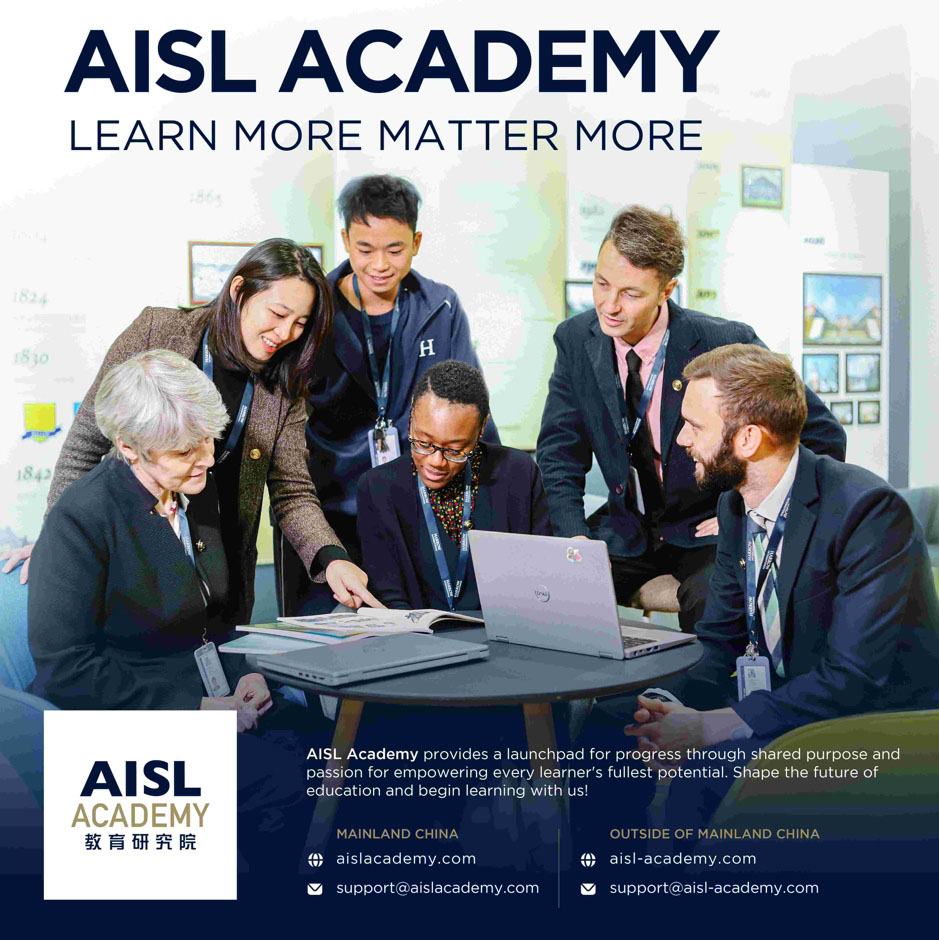As well as technical skills, there are several soft skills that students can develop to boost their job opportunities. These skills are highly valued by employers and can help students stand out in the job market.
Soft Skills Employers Value
- Effective Communication : The ability to communicate effectively, both verbally and in writing, is important in almost every job. Students should practice articulating their thoughts clearly and concisely and learn to listen actively to others. Most jobs require working with others, so it’s important to be able to collaborate effectively. Students should learn to work in teams, share responsibilities, and be willing to compromise.
Effective communication is essential in the workplace. Students can develop their communication skills by practicing public speaking, participating in debates, and engaging in discussions with classmates and teachers. They can also work on developing their writing skills by practicing writing clear and concise emails, reports, and other forms of communication. - Adaptability and Flexibility : The ability to also adapt to changing circumstances and be flexible in the face of new challenges is highly valued by employers. Students should be open to new ideas and willing to learn new skills. Employers value employees who can solve problems and think critically. Students should learn to analyze situations, identify problems, and come up with creative solutions.
Employers also value employees who can adapt to changing circumstances and be flexible in their approach. Students can develop these skills by taking on new challenges, trying new things, and being open to different perspectives. They can also work on developing their problem-solving skills by analyzing situations, identifying challenges, and coming up with creative solutions.

- Managing Time Effectively : Over the course of time, the ability to manage time effectively and prioritize tasks is important in any job. Students should learn to set goals, create schedules, and manage their time efficiently which will help them as they develop their study habits as well as in the future, when they secure job opportunities.
The ability to also understand and manage one’s own emotions, as well as recognize and respond appropriately to the emotions of others, is becoming increasingly important in the workplace. Students should learn to develop empathy, build positive relationships, and manage conflicts effectively to help them navigate their careers at their workplaces. - Teamwork and Collaboration : Most jobs require working with others, so students should learn to work effectively in teams. They can practice collaborating on group projects in school, participating in extracurricular activities, and volunteering in community organizations. They can also work on developing their interpersonal skills by learning to communicate effectively, building trust, and resolving conflicts.
- Problem-solving and critical thinking : Employers value employees who can solve problems and think critically. Students can develop these skills by practicing logical reasoning, analyzing data, and evaluating different solutions. They can also work on developing their creativity by thinking outside the box and generating new ideas.
- Time management and organization : Effective time management and organization skills are important in any job. Students can develop these skills by creating schedules, setting goals, and prioritizing tasks. They can also work on developing their multitasking skills by learning to juggle multiple tasks and responsibilities.
- Emotional intelligence : Emotional intelligence involves understanding and managing one’s own emotions, as well as recognizing and responding appropriately to the emotions of others. Students can develop these skills by practicing self-awareness, empathy, and social skills. They can also work on developing their conflict resolution skills by learning to communicate effectively and manage conflicts in a positive and productive manner.
Overall, employers value employees who can lead and inspire others. Students can develop their leadership skills by taking on leadership roles in school or community activities, participating in team projects, and mentoring others. They can also work on developing their communication skills, decision-making skills, and critical thinking skills, which are all important for effective leadership.









